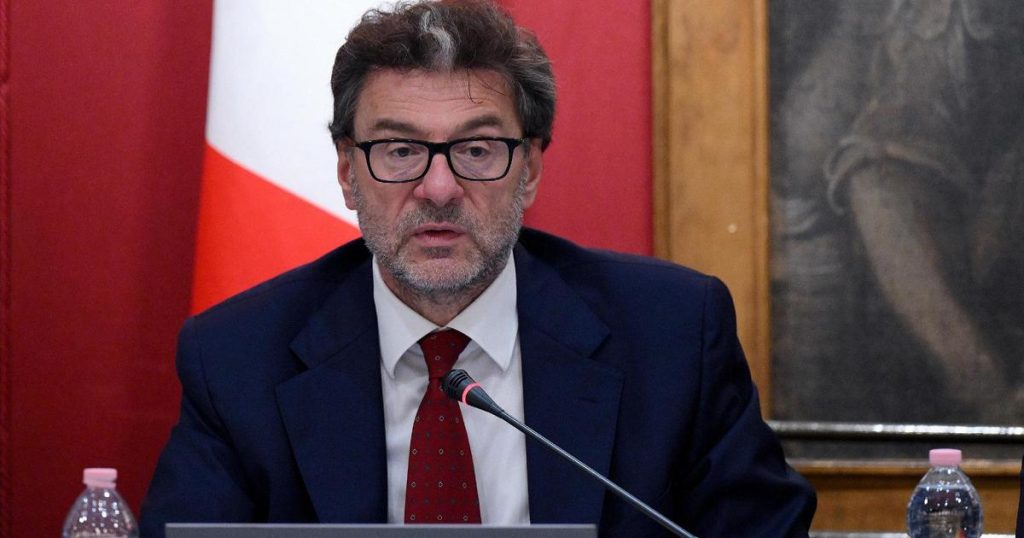There have been a total of 4,562 amendments submitted to the Budget Committee in the House of Representatives, with a quarter of them coming from the majority. The admissibility will be decided on Friday, November 15th, followed by the analysis of appeals on Saturday, and screening will begin on Monday, with indicated amendments. Among the majority parties, Forza Italia has submitted 501 amendments, Lega 428, FdI 190, and Noi Moderati 142. Opposition parties have prepared around 3,200 texts, with the Movement 5 Stelle submitting 1,218, the Pd 992, Alleanza Verdi Sinistra 354, Azione 130, Italia Viva 282, +Europa 45, and the linguistic minorities 201. Another 76 amendments have been submitted by the Misto group, with about ten joint opposition amendments focusing on issues such as healthcare, leaves of absence, automotive, minimum wage, and reconstruction in Emilia-Romagna.
Out of the 4,562 amendments presented in the Budget Committee, 1,261 are from majority parties, and 3,301 are from opposition parties. Forza Italia’s submissions include requests to eliminate the provision introducing MEF auditors in companies and organizations receiving at least €100,000 in public funding, reducing the second IRPEF rate from 35% to 33%, and extending this bracket to incomes up to €60,000. There is also a proposal to exclude RAI, Mediaset, Sky, and other media operators, as well as online news outlets from the digital services tax to avoid further burdening the struggling media sector.
The Secretary of Forza Italia, Antonio Tajani, has emphasized the party’s amendments seeking to eliminate the provision introducing MEF auditors in companies receiving at least €100,000 in public funding. The Lega party has proposed a measure for the genuine write-off of tax debts that could help many businesses recover financially. This measure is not a tax amnesty but a way to settle unpaid taxes in 120 monthly installments and enable the state to recoup outstanding debts. The Lega also submitted three amendments to stop or reduce the tax increase on cryptocurrency profits, a controversial issue among political parties.
The representatives of the Misto group in the House of Deputies, including Benedetto della Vedova and Riccardo Magi, are signatories to several amendments. As for opposition parties, they have responded to strong criticisms of the budget law’s lack of investment and future planning. The Pd party has submitted over 1,200 amendments to their own budget law, which has been interpreted as an act of distrust in their own government. The Pd and M5s amendments focus on regularizing foreign workers already in Italy and defunding Cpr centers to allocate resources to the reception and integration system. +Europa, through Riccardo Magi and Benedetto Della Vedova, proposes the introduction of sex education courses in secondary schools and the establishment of a fund for free condom distribution. Azione has put forward proposals to provide a clearer vision in response to ongoing economic and social crises internationally, where the government’s proposed legislation is deemed deficient.
In conclusion, the intense activity surrounding the submission of amendments to the budget law reflects various parties’ priorities and concerns regarding economic, social, and political issues in Italy. The significant number of amendments and the diversity of proposals underscore the complexity and contentious nature of the legislative process. The differing perspectives from majority and opposition parties highlight the challenges of finding consensus and addressing key issues such as healthcare, taxation, immigration, and education. The outcome of the amendment review process and subsequent debates will shape the final version of the budget law and have far-reaching implications for the country’s financial and social policies. It remains to be seen how the various parties will negotiate and compromise to reach a cohesive and effective legislative framework that addresses the needs and demands of the Italian population.















